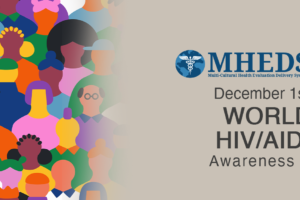
Welcome to August, the month dedicated to raising awareness about the importance of immunizations for safeguarding our health. National Immunization Awareness Month (NIAM) serves as a timely reminder to stay up to date with vaccines. In this blog post, we’ll explore why immunizations matter, debunk myths, and provide tips to celebrate NIAM.
Why Immunizations Matter
1. Ensuring personal health: Vaccinations protect individuals from harmful diseases by strengthening the immune system. They prevent illness, disability, and even death.
2. Promoting community well-being: Vaccines establish herd immunity, protecting vulnerable members of society unable to receive vaccines, such as infants and the elderly.
Celebrate National Immunization Awareness Month
1. Stay informed: Educate yourself about recommended immunizations for different age groups. Visit credible sources like the CDC or WHO for the latest information on vaccines.
2. Get vaccinated: Check your immunization records and consult your healthcare provider to ensure you are up to date on all recommended vaccinations. Immunizations are crucial for people of all ages.
3. Spread the word: Use social media and personal conversations to promote accurate information about vaccines. Share stories of how vaccination has positively impacted your life or the lives of your loved ones.
As we observe National Immunization Awareness Month this August, let us remember that vaccines are a cornerstone of disease prevention, promoting personal and community well-being. By staying informed, getting vaccinated, and spreading accurate information, we can combat vaccine hesitancy, and ensure a healthier future for ourselves and generations to come. Let us embrace the power of immunizations and prioritize the health and safety of our communities.
Want to get a head start on your health? Call MHEDS at 814-453-6229 (Peach Street) or 814-616-7730 (John F. Kennedy Center).
Our health information does not replace the advice of a doctor. Please be advised that this information is made available to assist the public in learning more about their health. MHEDS’ providers may not see and/or treat all topics found herein.
Sources:
1. Centers for Disease Control and Prevention (CDC) – www.cdc.gov/vaccines/index.html
2. World Health Organization (WHO) – www.who.int/immunization/en/








